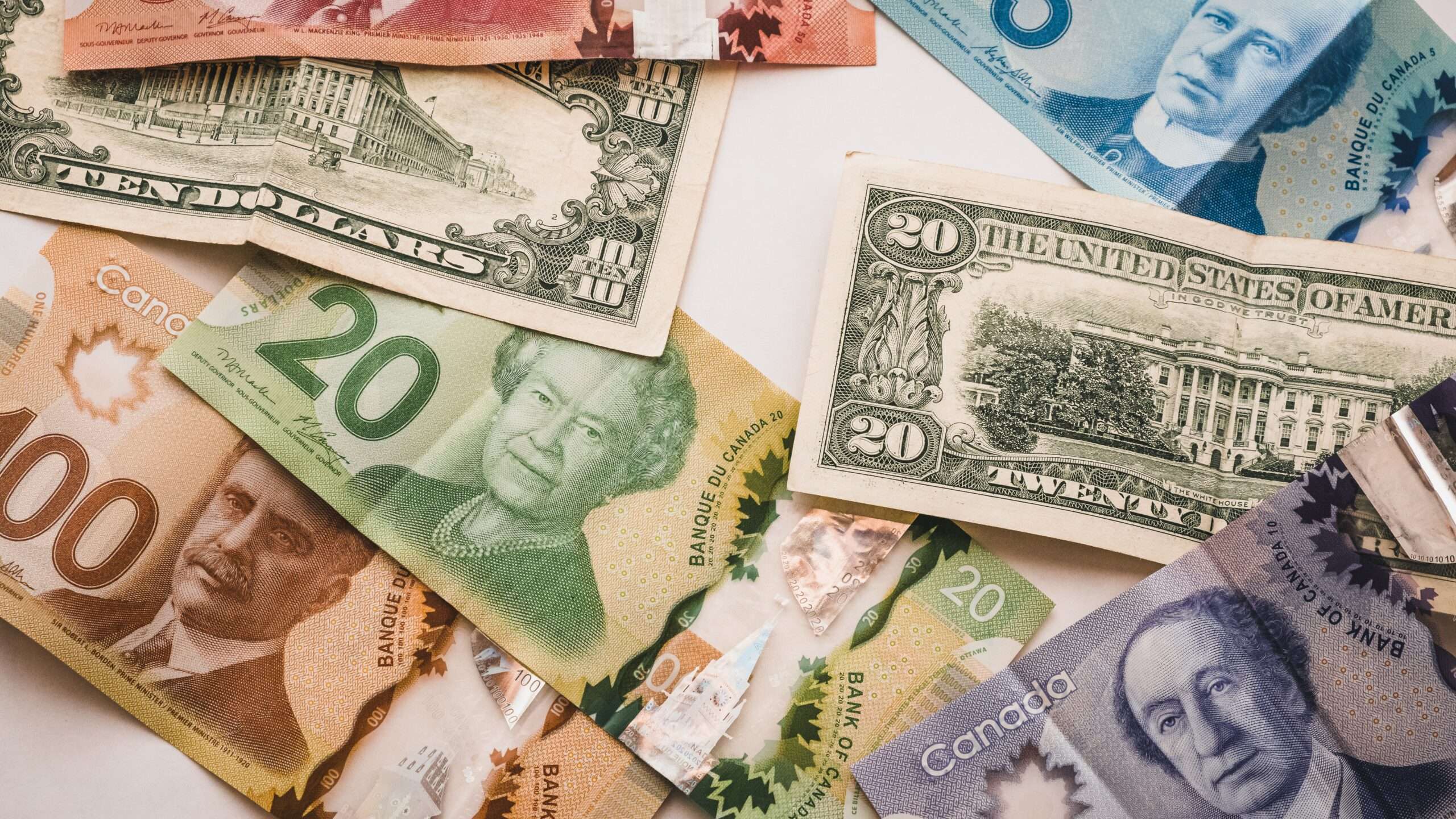TAX havens are offshore countries that offers individuals and businesses a tax regime that imposes no tax or minimal tax without the requirement for residency or business presence. Examples of tax havens are Cayman Islands, British Virgin Islands, Guernsey, Jersey, Seychelles, Liechtenstein, Luxembourg, Curaçao, Cyprus, Cook Islands, Samoa, Bermuda, Bahamas and Isle of Man.
There are countries on the borderline which offer extremely low tax rates for certain entities or specific activities such as Hong Kong, Singapore, Mauritius, Brunei which could be regarded as de facto tax havens.
How are tax havens used:
1. Passive investments
Malaysian individuals and corporations using tax havens to hold passive investments through trusts and other vehicles which generate dividend, interest, or other forms of passive income where no active intervention by the owners is required should not be exposed to any tax in Malaysia even if it is remitted into Malaysia on the grounds that it is foreign sourced income and remittance of foreign source income is specifically exempted in our income tax act.
Here, the Inland Revenue Board (IRB) would be interested to find out whether the source of funds was subjected to tax previously.
2. Business income or other active income
Both these classes of income require active management and intervention where the Malaysian individual or company is carrying on business operations in Malaysia and partially overseas engaging foreign customers.
There is a tendency to park the full or some portion of the revenues in tax havens. An example would be where e-commerce companies may park certain streams of income in tax haven companies and leave the balance in Malaysia on the assumption that if they pay some taxes in Malaysia, the IRB will not trouble them. There are others in similar situations who will park all their income in tax havens.
Will the tax authorities find out?
With the increased focus by all countries towards eliminating tax leakages through tax evasion, the days of hiding active business income or other active income by Malaysian residents from the IRB are numbered.
More than 100 countries including tax havens have already started to exchange financial accounts of taxpayers held by banks, insurance companies and investment entities. If further information is needed, Malaysia being a member of the Global Forum on Transparency and Exchange of Information for Tax Purposes can request for detailed accounting records as well as ownership of assets.
All movement of funds in and out of Malaysia is available to Bank Negara Malaysia and if needed, IRB can access such information when investigating Malaysian taxpayers.
All purchases of large ticket items such as properties and luxury items are regularly reported to the IRB.
It is not uncommon for dividends to be flowing in from foreign companies located in tax havens. Such income flowing in will not be subject to tax in Malaysia since it is foreign sourced income. However, if the IRB were to scrutinise the relationship between the Malaysian recipient and the tax haven company and enquire further into the workings of the tax haven company, the Malaysian recipient may have difficulty in showing that the income generated by the tax haven company is not connected to activities carried out in Malaysia.
Final advice
You can use tax haven companies to hold investments provided you are able to explain the source of funds and relevant taxes have been accounted for. However, when it involves generating business income through tax havens without substance (staff, office or local expenditure), it is not advisable.
This article was contributed by Thannees Tax Consulting Services Sdn Bhd managing director SM Thanneermalai.

 5.0
5.0 





















